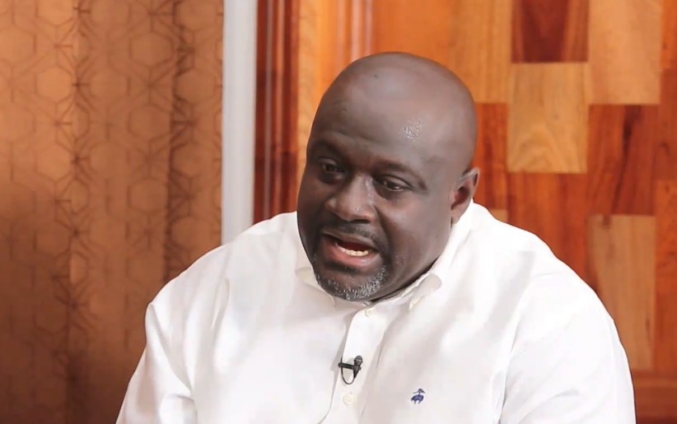A former Chairman of Parliament’s Finance Committee says the government’s proposed debt exchange programme is too soft.
Dr Mark Assibey-Yeboah says the programme is not deep enough considering the situation the country finds itself.
However, the former New Juaben South lawmaker commend the government for the move.
In his view, it is the first step to finding solutions to the current economic crisis.
“I will even say that the exercise has not been deep enough because from what we are hearing, individual bondholders are excluded, and there are no haircuts on the principal as it were and there have been some concessions if you like, so I think this is the softer way to go,” Mr Assibey-Yeboah said in an interview with Citi FM on Monday.
Dr Assibey-Yeboah added that the ability of the government to secure a deal with the International Monetary Fund (IMF).
According to him, the country’s debt has become unsustainable.
“The IMF Programme is dependent on this debt restructuring, so before we can sign up for the programme, we need to restructure our debt. Our debt has become unsustainable, in simple terms, we simply cannot repay our debts, and we have to do something about it.
“The Government has admitted that the only way out of the economic mess is for us to sign up for an IMF programme and this has become a prerequisite for signing up for the programme and so if we don’t restructure our debt, we cannot have the programme in place.”
Finance Minister, Ken Ofori-Atta on Sunday, December 4, announced the government’s domestic debt exchange programme.
These measures include some exemptions and external debt restructuring parameters that will be implemented.
Per his release, treasury bills and individual bondholders will not be affected by this exercise.
However, domestic bondholders will be compelled to exchange their instruments for new ones.
“Existing domestic bonds as of December 1, 2022, will be exchanged for a set of four new bonds maturing in 2027, 2029, 2032 and 2037.
“The annual coupon on all of these new bonds will be set at 0% in 2023, 5% in 2024 and 10% in 2025 until maturity.
“Coupon payments will be semi-annual,” the Minister said.
Latest Stories
-
Ghanaian youth unaware of their right to hold politicians accountable – Youth Bridge Foundation
11 mins -
Judge delays Trump sentencing for a third time
27 mins -
2024 WAFCON: Ghana drawn against defending champions South Africa in Group C
56 mins -
Photos from DW-JoyNews street debate on ‘galamsey’
2 hours -
Mimmy Yeboah: Blending heritage with global sophistication, confidence redefined through couture
2 hours -
100 Most Influential People Awards 2024: Brain Hill International School’s Director Mary Anane Awuku honoured
2 hours -
Akufo-Addo commissions 97-km Tema-Mpakadan railway line
2 hours -
Majority requests recall of Parliament
3 hours -
Kanzlsperger and Professor Quartey support WAFA with medical Donation
3 hours -
Gideon Boako donates 10 industrial sewing machines to Yamfo Technical Institute
3 hours -
‘Golden Boy’ Abdul Karim Razak honored at WAFU-B general assembly
3 hours -
Buipewura Jinapor secures Vice Presidential position in National House of Chiefs with record votes
3 hours -
2024 election: I want results to come out like ‘milk and honey’ – Toobu
3 hours -
Ghana’s Henry Bukari hands over chairmanship of ECOWAS Brown Card Council of Bureaux
3 hours -
Residents of Dome-Kwabenya on edge ahead of December elections
4 hours

